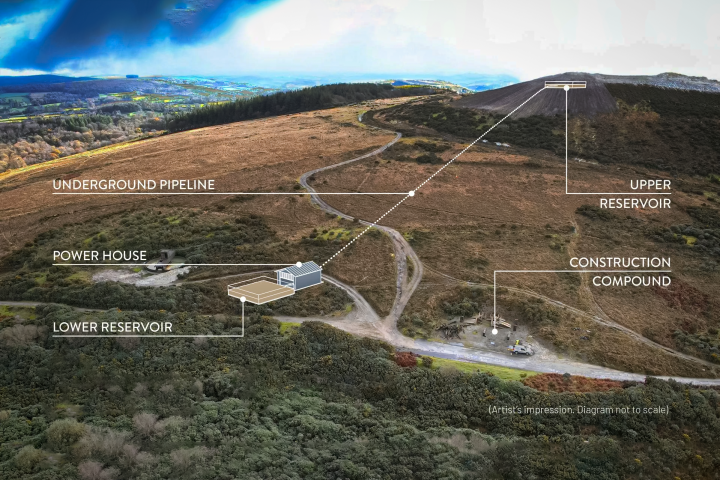Different people age at different rates and the same goes for their brains, according to scientists at the Columbia University Medical Center (CUMC), who have discovered a link between a common genetic variant and an increased risk for neurodegenerative diseases. The new biomarker becomes active around age 65 and may provide a new means of evaluating, preventing, or treating Alzheimer's and other age-related brain disorders.
According to Asa Abeliovich, professor of pathology and neurology in the Taub Institute for Alzheimer's Disease and the Aging Brain at CUMC and leader of the science team, the difference between chronological age and biological age applies to the frontal cortex of the brain as much as it does the whole body. Just as two people can be the same age, but one looks much older, so it is with the brain.
In order to better understand this, Abeliovich and Herve Rhinn, assistant professor of pathology & cell biology in the Taub Institute, collected and analyzed genetic data from 1,904 autopsied human brains that showed no sign of neurodegenerative disease. From these, they looked for transcriptomes, which are the first products of gene expression, to build up a portrait of the biology of a brain at a particular age.
They then compared the transcriptomes with those of the average transcriptomes of people at the same age, focusing on the 100 or so genes whose expression increases or decreases with age. This allowed the team to make a measurement between biological and chronological age for each person. They then looked at gene expressions associated with greater biological age.
What they found was a gene variant called TMEM106B. This is a very common variant with two-thirds of people having two copies and one-third having one copy. The researchers say that they found when people had two "bad" copies of it, their brains looked 12 years older than their calendar age compared to those who had two normal copies.
"TMEM106B begins to exert its effect once people reach age 65," says Abeliovich. "Until then, everybody's in the same boat, and then there's some yet-to-be-defined stress that kicks in. If you have two good copies of the gene, you respond well to that stress. If you have two bad copies, your brain ages quickly."
In addition, the team found a second variant in the progranulin gene that also affected brain aging, but not as severely as TMEM106B. These variants are found on different chromosomes, but affect the same signaling pathway and are associated with the rare neurodegenerative disease, frontotemporal dementia. However, what role they play in brain aging is unclear.
"We were studying healthy individuals, so it is not about disease, per se," says. Abeliovich. "But of course, it's in healthy tissue that you start to get disease. It appears that if you have these genetic variants, brain aging accelerates and that increases vulnerability to brain disease. And vice versa: if you have brain disease, the disease accelerates brain aging. It's a vicious cycle."
The researchers hope that the identification of these genetic variants will serve as new targets in the fight against age-associated brain disorders like Alzheimer's disease.
The study was published online today in the journal Cell Systems.
Source: CUMC





![The Ti EDC [everyday carry] Wrench is currently on Kickstarter](https://assets.newatlas.com/dims4/default/0ba225b/2147483647/strip/true/crop/4240x2827+0+3/resize/720x480!/quality/90/?url=http%3A%2F%2Fnewatlas-brightspot.s3.amazonaws.com%2F59%2Fb2%2F6a6fdd0348a8bfdad88bbcefec53%2Fdsc03572.jpeg)